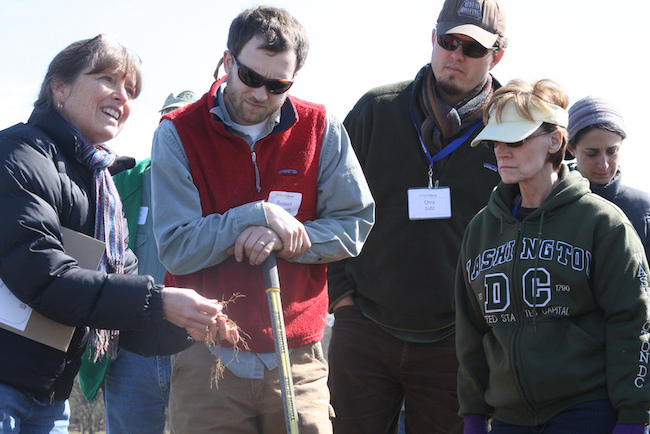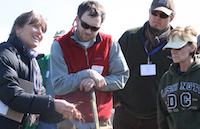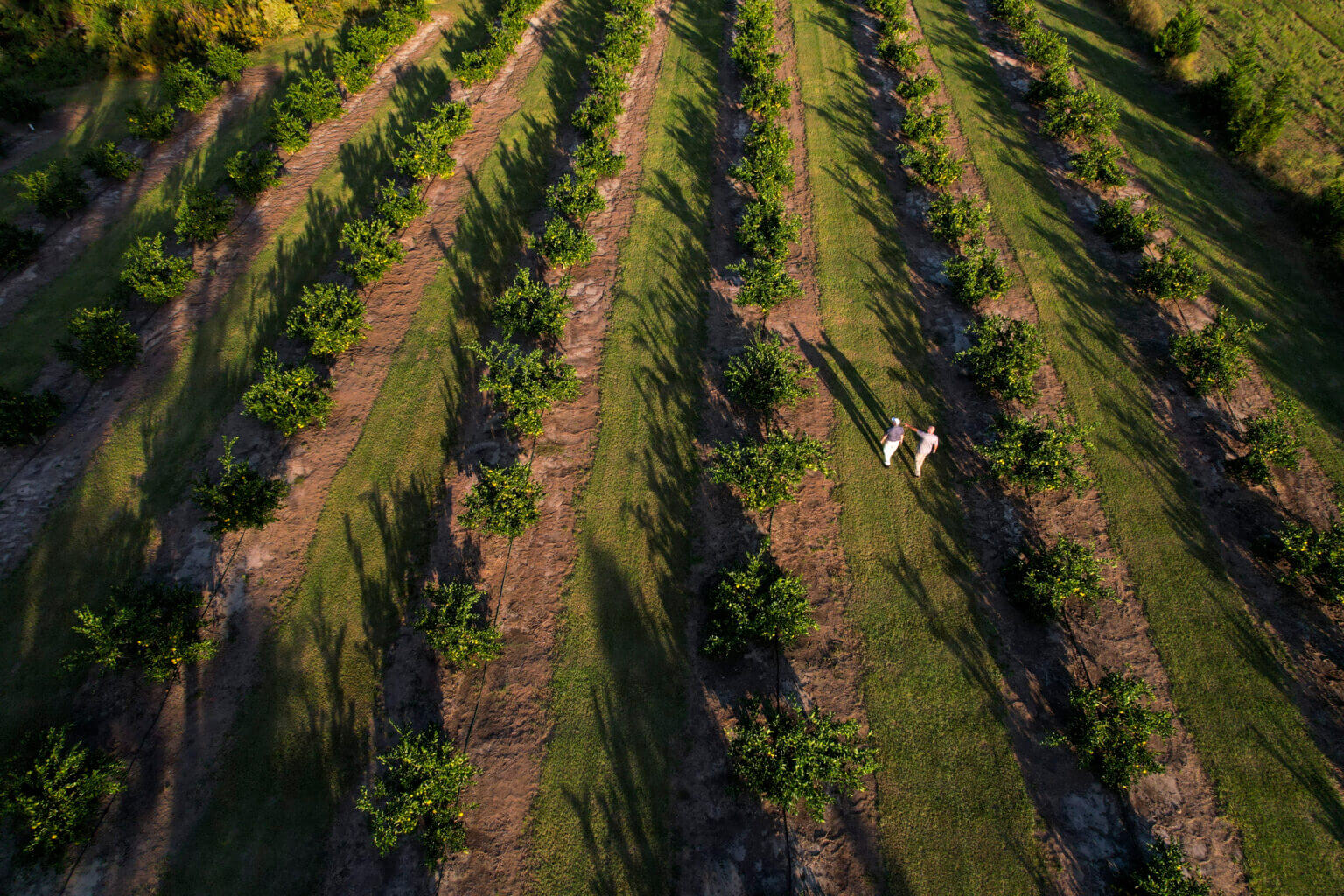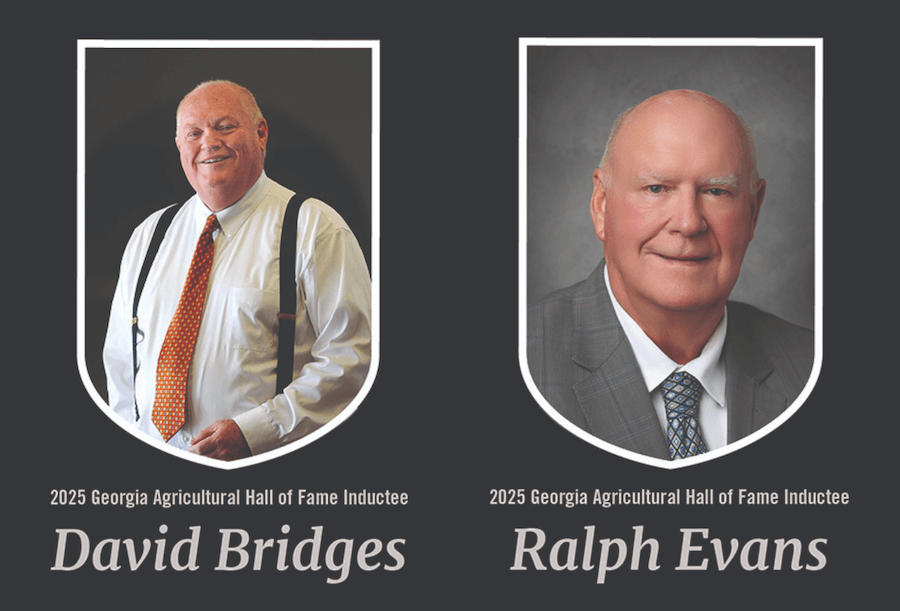With demand rising for organic produce and the industry growing to meet the need, the Georgia Organics Conference is a pivotal event for educating organic growers in Georgia and throughout the South.
Organic agriculture has increased in the U.S. by about 10 percent per year over the last 15 years, according to Juan Carlos Diaz-Perez, a University of Georgia scientist in the College of Agricultural and Environmental Sciences. It is likely that the increase in consumer demand for certified-organic produce has led some of Georgia’s larger growers to dedicate part of their land to growing certified-organic crops, said Julia Gaskin, UGA sustainable agriculture coordinator.
The Georgia Organics Conference, set for Feb. 8-9, 2019 at the UGA Tifton Campus Conference Center, is an important event for farmers and others interested in organic agriculture, according to Diaz-Perez.
“It has a regional impact beyond the Georgia borders,” he said.
Along with UGA research entomologist Jason Schmidt, Diaz-Perez, who specializes in vegetables and plasticulture, will present at the conference and share some of his research from the two certified-organic acres on the UGA Tifton campus.
“I will be showing my organic research plot at the (UGA-Tifton) Hort Hill farm. I’ll also talk about research on high-tunnel production for vegetables like tomato, lettuce and spinach, as well as organic fertilization and utilization of cover crops,” he said.
Event sessions, workshops and field trips to farms in south Georgia will be offered for conference attendees during the two-day event. Gaskin, along with UGA postdoctoral research associate Kate Cassity-Duffey and organic farmer Daniel Parson, will discuss nitrogen fertility management in organic production systems.
“Nitrogen is the nutrient needed most by crops and it can be complicated to provide enough for good yields without overapplication, which can cause environmental problems and crops to be more susceptible to pest attacks,” Gaskin said. “We will also talk about how to integrate organic fertilizers, cover crops and other soil-building techniques into your nitrogen management plan.”
Vanessa Shonkwiler, a public service assistant in UGA’s Center for Agribusiness and Economic Development, will share marketing tips on how farmers can expand their brands and stories.
For a full list of speakers or to register for the Georgia Organics Conference, visit conference.georgiaorganics.org.
Full scholarships are available for Georgia Organics members. To become a member, see georgiaorganics.org/become-a-member-today/membership, and to apply for a scholarship, see conference.georgiaorganics.org/scholarships.
Students interested in volunteering for one day at the conference can receive a free pass to the conference for the second day. Those interested can email kayt@georgiaorganics.org for more information. Class credits may also be available.








